Urban Services and Technology
Policy Dialogues Venue: Room 15-Demetrio Aguilera Theater- :International Association Of Public Transport (UITP); German Association Of Cities (DST).
- Dr. Faraj El-Awar Head Of GWOPA Global Water Operators Partnerships Alliance/UN-Habitat Spain

- Enrique Peñalosa Londoño Mayor Of Bogota Colombia
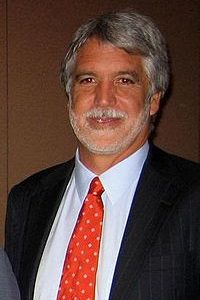
- Eva Lohse President Of The Association Of German Cities City Of Ludwigshafen Germany
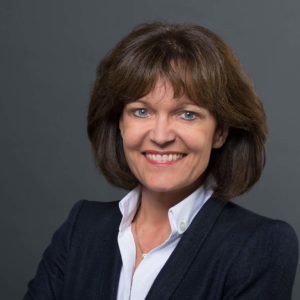
- H.E Carlos Martinho Minister Ministry Of Public Works Housing And Water Resources. Mozambique
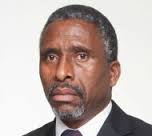
- Hilmar von Lojewski Councillor For Urban Development Building, Housing And Traffic German Association Of Cities (DST) Germany
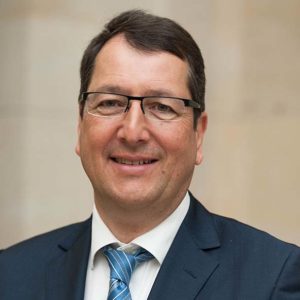
- Miimu Airaksinen Professor VTT Technical Research Centre Of Finland Finland
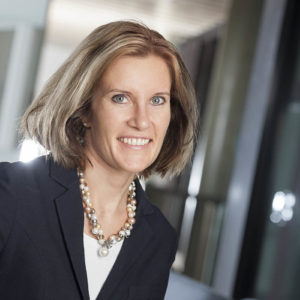
- Ming Zhang Sector Manager World Bank China

- Mircea Steriu Advocacy And Statistics Manager International Association Of Public Transport Romania
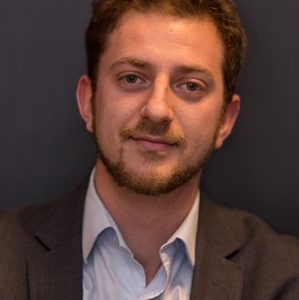
- Mr. Oliver Lah Project Coordinator Wuppertal Institute For Climate Environment And Energy Germany
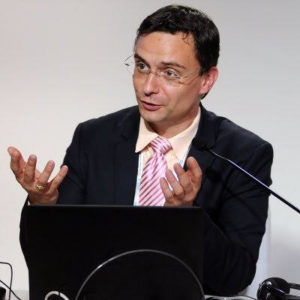
- Philipp Rode Executive Director LSE Cities London School Of Economics And Political Science Germany
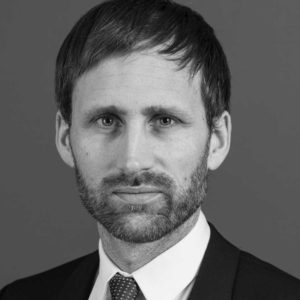
- Pradeep Monga Special Representative Of The UNIDO Director General On Energy And Director Of Energy Department United Nations Industrial Development Organization (UNIDO) India
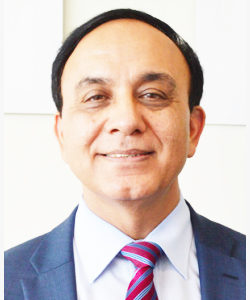
- Tanya Jimenez Coordinator Of Urban Development Public Policy And Accessibility WRI – EMBARQ Mexico Mexico

- Vicente Loureiro Executive Director Metropolitan Council Rio, Brazil Brazil
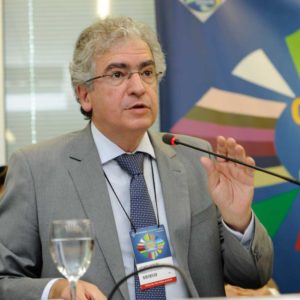
- Vilaykham Phosalath Vice Minister Ministry Of Public Works And Transport Lao People’s Democratic Republic
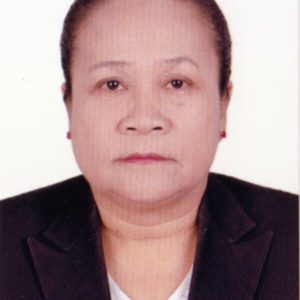
Urban services and technology: current challenges and visions for tangible solutions
The first session of the Dialogue will highlight the role of urban services and sustainable urban mobility in achieving the goals of the New Urban Agenda and other international frameworks, in particular the Sustainable Development Goals, the Paris Agreement on Climate Change, and the Sendai Framework for Disaster Risk Reduction,; and The second session of the Dialogue will build upon the recommendations made in order to highlight good practice examples in urban areas around the world, focusing primarily on the multi-level governance and policy frameworks that were put in place to reach the desired goals. Authorities and experts will be asked to present their experiences and highlight the national policy frameworks – particularly relating to the funding and procurement arrangements – which enabled them to improve the provision of utilities and mobility services to citizens. Attention will be given to the frameworks that engage private actors who are directly and indirectly benefitting from urban services and infrastructure.
Guiding Questions
· How are you planning to use the implementation of the New Urban Agenda for better provision of services to urban residents?
· What is the national-level framework for the provision of urban services within your country/region? How are cities involved in policy-making, the provision of infrastructure, and services?
· What are the innovative aspects of your project(s)? How are you planning to make use of new and emerging technologies for better infrastructure and service provision (give an example)?
· When planning and designing a new project, are its indirect effects on the community taken into account? If so, which are they andthrough what frameworks/platforms are these identified?
· Service provision and urban infrastructure generally brings additional value to the wider community, not only the direct beneficiaries (i.e. a public transport line also benefits those who don’t use it by removing cars from otherwise congested roads). How are you engaging with these indirect beneficiaries? How are you making the case for your project’s to benefit urban area as a whole?
